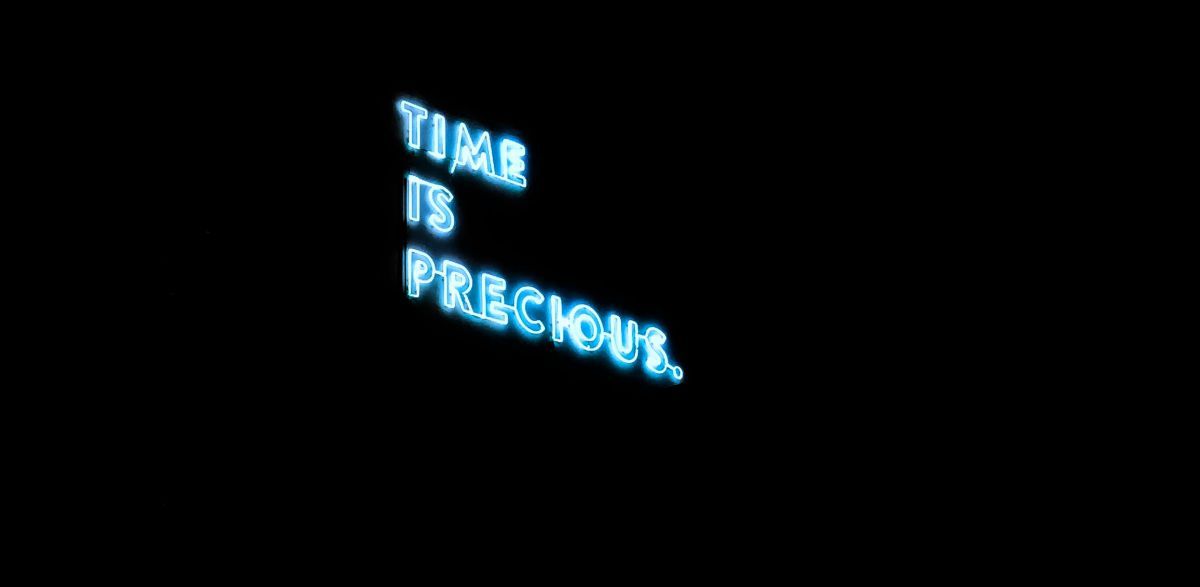Although Scrum Conservatives will probably disagree with me, it doesn’t matter if they call you Project Manager, Scrum Master, IT Manager or so on. What matters is how you and your team understand your role. Because is it true that once they call you Scrum Master, you automatically become one? Unfortunately, no.
The idea of who is a Scrum Master, and what they do among developers and stakeholders is very different. For one, a Scrum Master is an organiser of meetings. For others, it’s a project secretary or time-box manager. People are different, and each will have different experiences with Scrum, meeting various Scrum Masters. That’s why I think that every cooperation should start by describing mutual expectations. Firstly, that helps to better-organise and more importantly, to avoid disappointment.
Scrum Master’s Beginnings
The beginning of a Scrum Master’s work with a team is relatively easy to point out. All it takes is:
- Verifying if the team is of Scrum Guide-approved size (See below for more information).
- Verifying necessary product development competencies.
- Determining Product Backlog management.
- Selecting a project management tool.
- Setting sprint lengths.
- Organising planning, daily reviews, and retrospection.
But it is also good practice to establish a communications tool, particularly for remote teams. This would allow for quick chats, simplified organisation of conversations, such as through video calls, and carrying out recordings.
There’s a good reason for this, too. Records of the planning, review and retrospective allow for improving the process. These can illustrate activity progress, areas of focus, and prospective areas of improvement. In a nutshell, it saves time, which prompts me to live by a golden rule.
Time is a finite and non-renewable resource. Take care not to waste it.
Scrum Master Responsibilities
Eyes and ears – One must be an observer and listener.
Scrum Masters detect waste, however, also identify the needs of the team, organisation, and that of the client and stakeholders. Interestingly, they’re often referred to as servant leadership. If I notice anything, I act like a mirror. I give feedback. I describe what I see from my perspective. The following is a more formalised list of traits and duties:
- Ensures work preparation
- Does not entail preparing the work itself
- Discusses daily work routines with team members
- Does not decide on the team’s behalf, or determine work methods
It’s worth stating the restrictions. A Scrum Master is not a formal team leader and does not say what and how to carry out the work in question. Instead, Scrum Masters help the team to find solutions to problems by asking more questions, without imposing specific directives.
They also observe how people work together. Here, they show the strengths and weaknesses by encouraging cooperation and communication.
As I understand Scrum, I assume that I work with specialists. Any experienced specialist, even if they don’t know something, they will say it and resolutely seek out a solution. However, if the developer is unable to detect the root of the problem within one/two hours, they will ask for support and ideas from team members. The fact is nobody is all-knowing. Sometimes an outsider’s perspective is enough to get the wheels turning. The role of the Scrum Master is to encourage this behaviour.
Transparency
Scrum masters support you in making your work accountable. Estimating work on Sprint Planning comes down to forecasting – even, dare I say it – predicting. Nevertheless, the time of work spent on tasks during the Sprint should be transparent. That’s because it demonstrates team reliability. And even if this work takes longer than expected, the knowledge about the status of work and involvement of team members comes down the stakeholders. After all, they are the ones who pay.
These individuals also help to understand why the Developer Team uses Scrum roles, events, and artefacts. They will also work to explain why we do certain things the way we do them.
In managing the Product Backlog, creating elements of said backlog encourages the team to divide the User Story into smaller tasks, which are therefore easier to estimate and perform. I want to underline, that Scrum Masters are responsible for effective use of the backlog, not to run it and refine it.
Further Roles and Responsibilities
As a gatekeeper of sorts, Scrum Masters also issue reminders for any person who creates confusion in the team. They would work to change priorities from time to time, occasionally moderate the work being carried out.
Additionally, their role is also to helps others understand Scrum Teams. Be it an organisation, a client, or other such stakeholders. In essence, they should be ready to explain roles and activities clearly.
Notably, Scrum Masters must also draw attention to organisational absurdities, unnecessary processes, and outdated procedures. Importantly, they should be ready to raise the alarm when, if they suspect a counterproductive working environment.
Helpful Resources
As an added extra, this checklist can be beneficial in verifying with you all Scrum Master duties.
In conclusion, a Scrum Master is not a magical fairy. Despite the sincere desire, I will not improve the work of the team, without the commitment of its members and client. Nevertheless, developers are passionate, no one decides on this work by chance, so, most often, Scrum Masters can count on their sincere support and commitment. It will not do everything at once, but it is possible to support the team to become fully self-organising, step by step.
Learn more on working with software development companies



